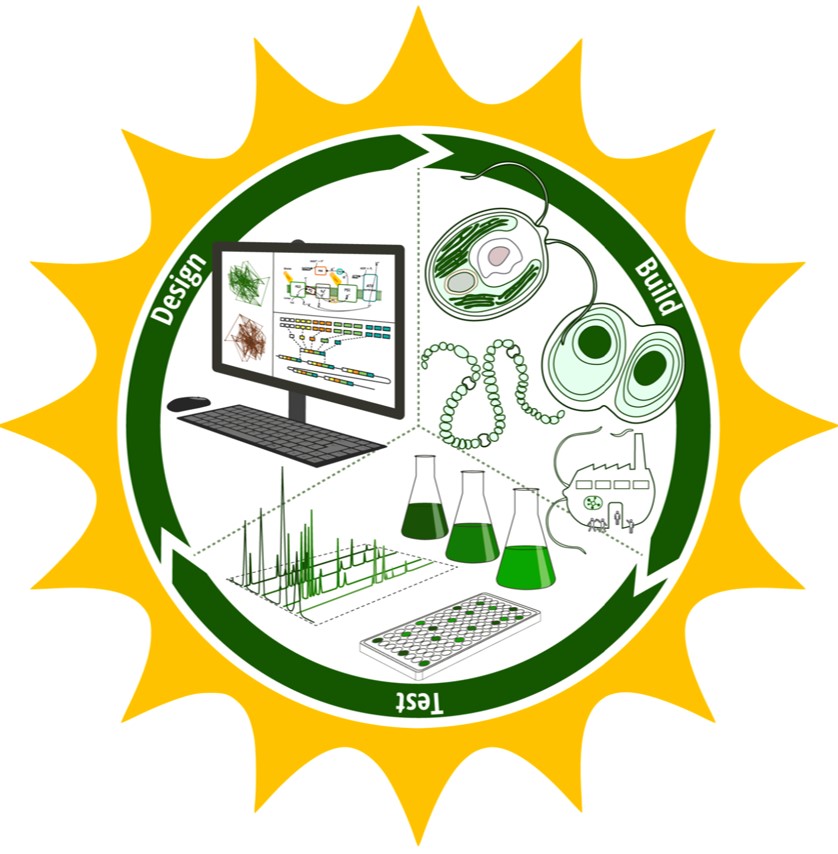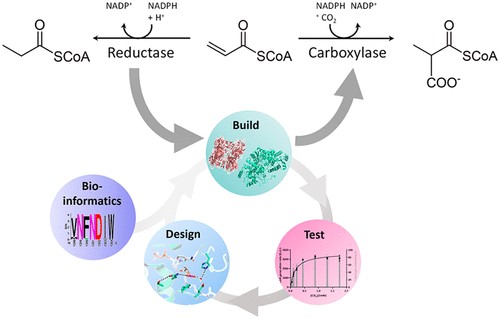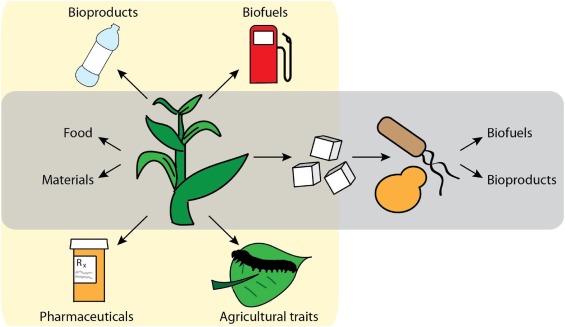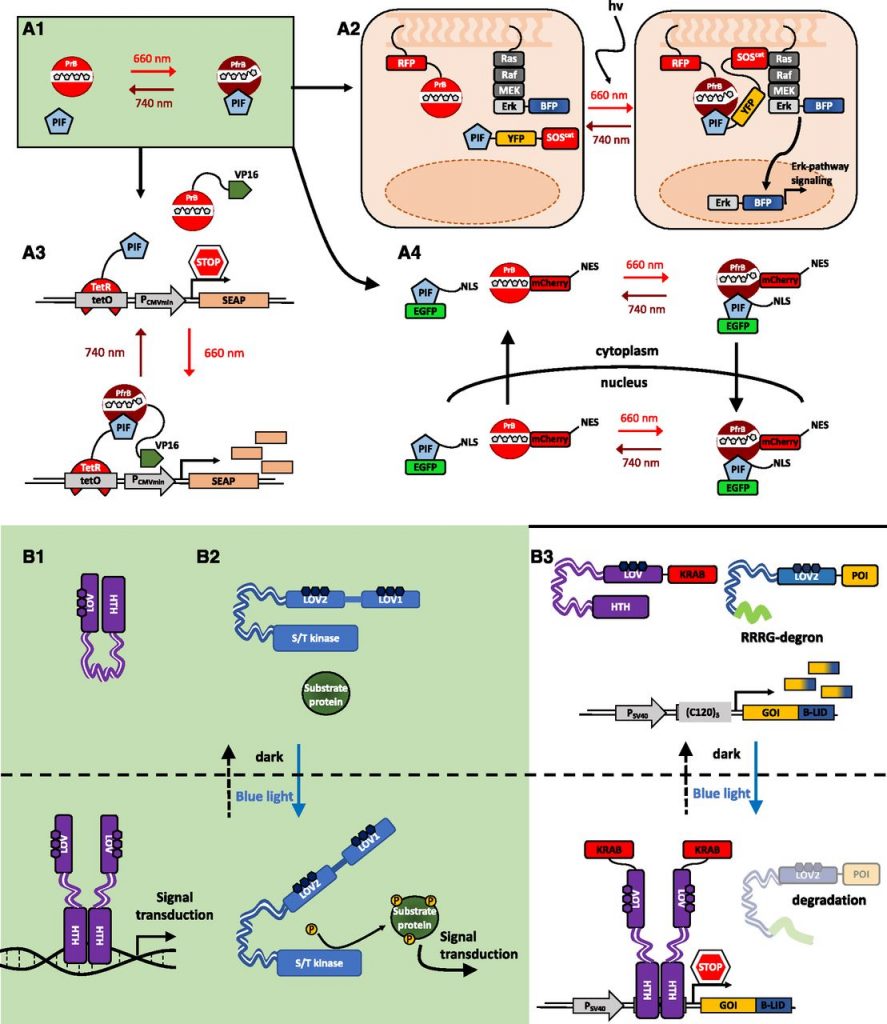
Plant Direct Q&A with Joshua Windhalm
Blog, Plant Direct, Plant Direct: Author Q&A, Research
What does your lab work on?
We combine functional genomics with synthetic biology approaches to study the metabolism of redox-active plant natural products that can harnessed for applications relevant to agriculture and human health. We are particularly interested in specialized quinones like…

Review: Synthetic biology in photosynthetic microbes: present and future (Plant Physiol)
Plant Science Research WeeklyPhotosynthetic microbes are emerging models for synthetic biology applications since they possess relatively simple physiology and cellular organization, fast growth in liquid culture, and facile genetic manipulation. In this paper, Vavitsas et al. review current synthetic biology tools and applications…

Awaking the sleeping carboxylase ($) (JACS)
Plant Science Research WeeklyOne of the things I like most about synthetic biology is the “why not” attitude. This article by Bernhardsgrütter et al. is intriguing because rather than taking the standard “let’s fix Rubisco approach,” the authors started with a non-CO2 fixing enzyme and engineered it towards having carboxylase…

A bacterium that demethylates opiate thebaine for a green chemistry solution ($) (Nature Sustainability)
Plant Science Research WeeklyOpium poppies produce opiates including morphine and thebaine. Derivatives of these compounds can also have diverse beneficial properties. One of these, naloxone, is a competitive opioid receptor antagonist that can be administered to counteract the effects of opioid overdose. Because of the rise in…

Addressing fundamental questions in plant science through synthetic biology
Plantae Webinars, Research, Research Skills, Webinars0 Comments
/
Addressing fundamental questions in plant science through synthetic biology
Recorded July 10, 2019
About This Webinar
In this seminar, we examined the role that synthetic biology can play in answering fundamental questions in plant science. In studying plants for the past hundred years, we’ve…

Interviews with Synthetic Biologists: Kevin Chen, hyasynth
BlogSynthetic biology is a set of tools, a way of thinking, the integration of engineering principles into biological sciences, and potentially the biggest opportunity for advances in plant sciences since PCR. Yet many struggle to define it, and fewer still grasp its full potential.
We have conducted…

Interviews with synthetic biologists: Paul South
Blog
Synthetic biology is a set of tools, a way of thinking, the integration of engineering principles into biological sciences, and potentially the biggest opportunity for advances in plant sciences since PCR. Yet many struggle to define it, and fewer still grasp its full potential.
Now, four early-career…

Review: Towards a sustainable bio-based economy through plant synthetic biology ($) (Plant Sci)
Plant Science Research WeeklyPlant synthetic biology is heating up, as ideas and methods initially developed for single-celled organisms are moving into the more interesting and complicated space of multicellular organisms; this leads to greater potentials as well as greater challenges. Why plants? One important reason is that they…

Review: Synthetic switches and regulatory circuits in plants (Plant Physiol)
Plant Science Research WeeklySwitches and circuits are key parts of a synthetic biologist’s toolbox. Andres et al. provide historical background and core ideas as well as current understanding of these devices. Switches are defined as components that detect an input signal and transform it into an output signal. Inputs can be…

